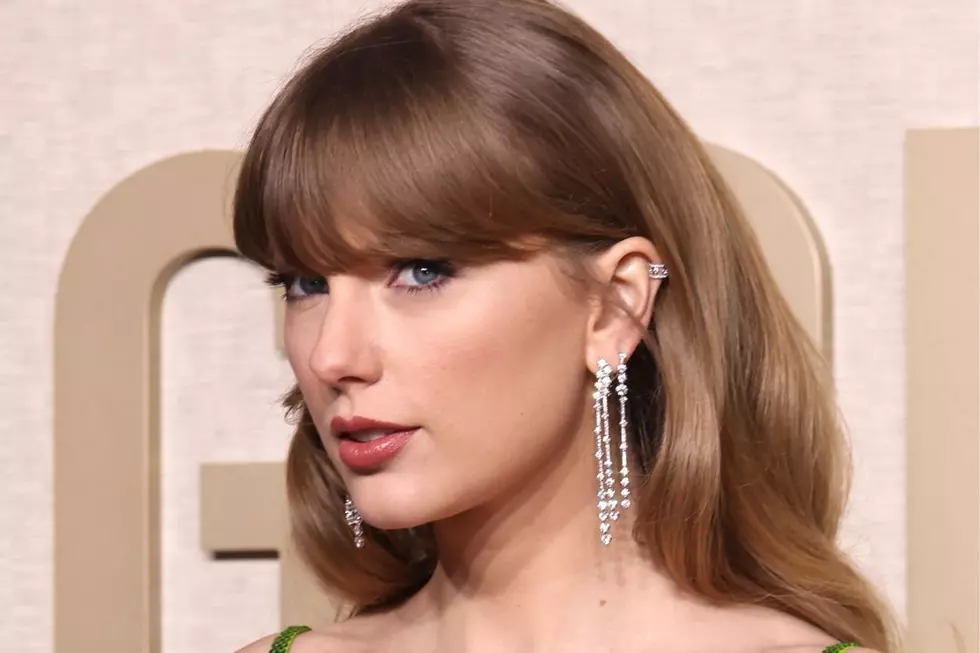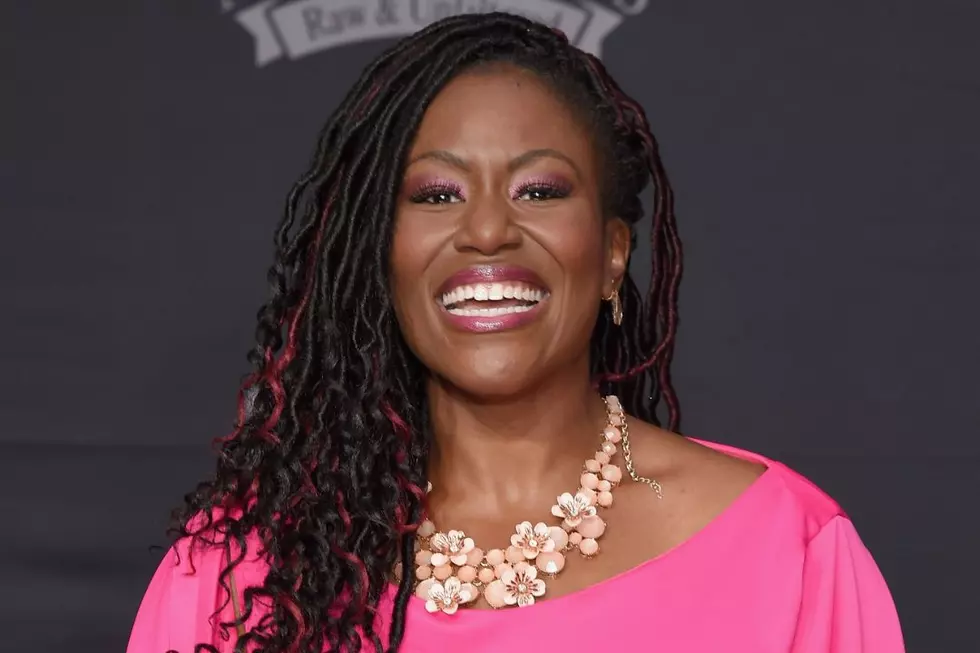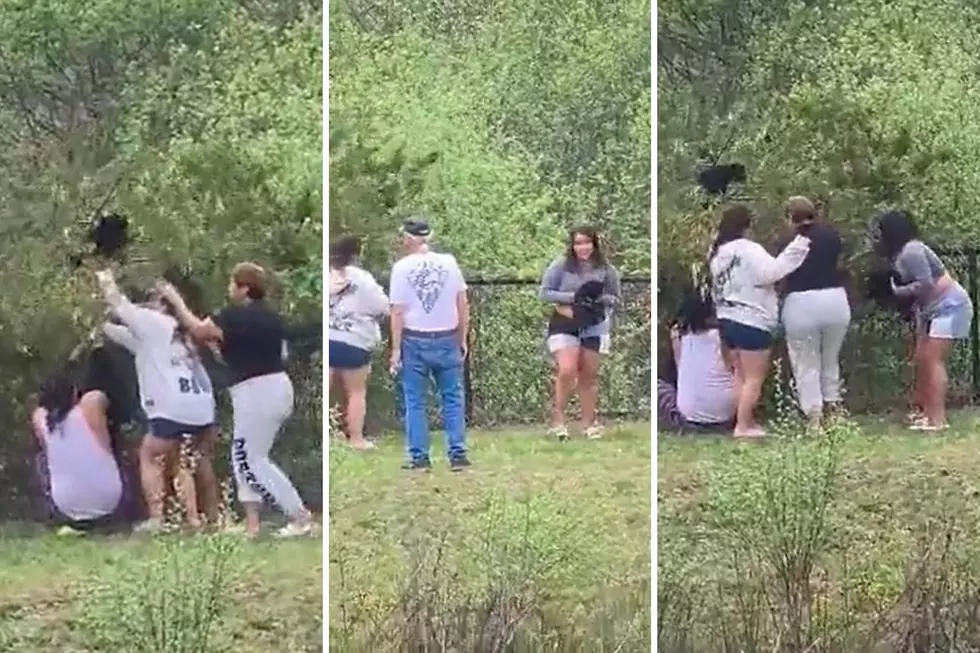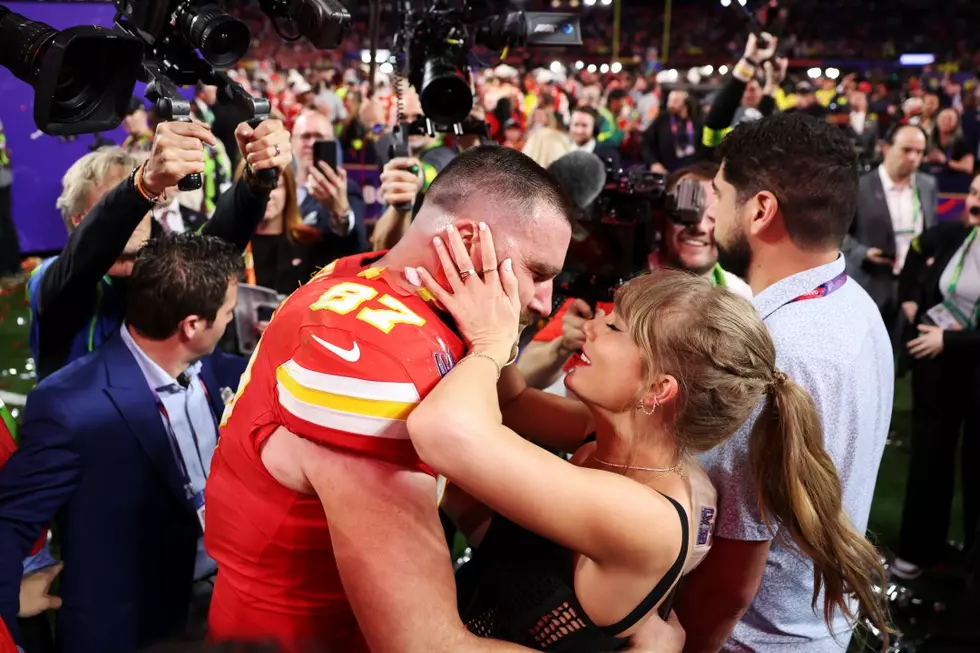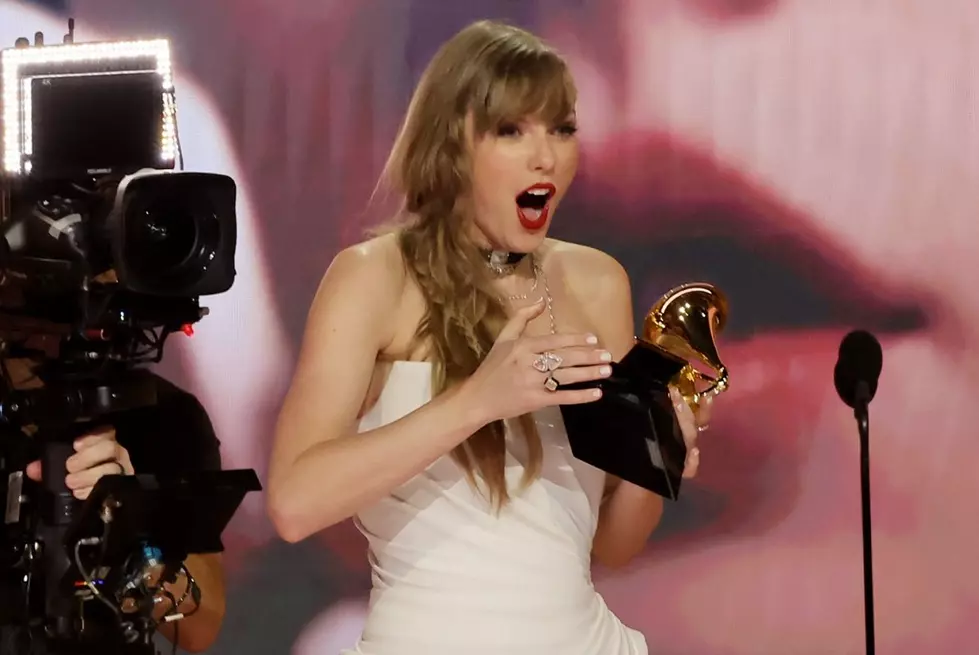
ZZ Ward Relives Her Unimaginable Pain: ‘I’m Still Angry About Things’
ZZ Ward is one of the most important singers today—and there ain't no way that you could change our mind.
In the aftermath of her second studio album, the bluesy, stomp-heavy, hip-hop-inflected The Storm (June 30), it's clear the 31-year-old is blossoming at a remarkable rate. From the spooky opener, "Ghost," to the soft rattle of "Bag of Bones" and the delicate restraint of "If U Stayed," Ward accomplishes one of the best albums of 2017. She not only wanders through varied blues and urban influences, but she draws upon "back-porch" styling, nearly country in its touch.
"Everyone thinks about it differently. I wasn’t thinking country," she shares. "The kind of blues I’m inspired by is old school blues like Alan Lomax recordings and stuff with minimal instrumentation. The basic harmonies are definitely influenced by older music."
Coming off a scrapped album, she knew what she had to do: She dug deeper into her influences, unearthing richer tones and subsequently tapped into a wellspring of primal instincts. Songs like "Help Me Mama" and "Let It Burn" are two (of many) pinnacles on the record.
"I am always listening to a lot of older music to really try to be inspired and remember what got me into music in the first place," she explains. "I was definitely listening to older blues. When I was thinking about ‘She Ain’t Me,’ I was listening to John Lee Hooker. That really inspired that piece of music. That’s what I like to surround myself with."
In a cathartic discussion about her new collection, below, Ward gets brutally honest about her pain, why she canned a full album's worth of material and how she found her footing again.
The musical intro of “Let It Burn” is where country comes through the most. How did it begin?
That was one of the first ones we did for the album. I really wanted to mix my influences of blues and hip-hop, so you have that slide guitar which is a real thick part of the blues and then you have the chorus that opens up into an 808. I was also feeling some kind of way and angry about a past relationship. I wanted to vent about it and get it off my chest. That’s what I did.
How did “Bag of Bones” come to you?
It was another one of the first ones I wrote for the new album actually. I wrote that song... wow, it must have been three years ago, on tour when I was in a hotel room in Alabama. I was in between shows. Sometimes, I try to write on the road.
In an interview with VEVO, you talked about keeping your personal life separate from the music. How do you balance that with sharing certain aspects of your struggles and pain?
I wrote all these songs about past relationships and heartbreaks and things that didn’t work out so well for me. It’s important to be authentic to what I’m going through. It has to feel and be real or it’s never going to feel real when I put out the album or play it years later. You really have to capture that feeling when you have it. As far as what I share about my personal life and what’s on the album, once these songs go on a record and people buy them, they aren’t mine anymore. The songs become someone else’s. What that song might mean to someone listening to it takes on its own meaning for their life. They put their story into it. Giving too much of my personal life can take away from a fan’s connection to my music. I definitely walk that fine line.
In another interview, you spoke about having written an entire album but never released it. Was that something out of your control or did the music not feel right?
The music didn’t feel right. I made a whole album, and I felt kind of rushed. I wanted to get back out on the road. I went out there with it for a minute and started to play some of the new songs. But I just felt I hadn’t gone deep enough. It was a hard decision. Everybody wants music from you, and they don’t want to wait. I get that, but at the end of the day, I had to remember it had to feel right to me and important to me. If I’m not 100 percent proud of it, then it’s not fair to people who are buying my album. I wanted to go deeper into the blues and hip-hop. I made the hard decision of scrapping that entire record and starting from scratch. I’m really happy that I did it and that everybody waited. It was worth it.
Was it easy to find your creativity again after that?
It was a process, for sure. I didn’t know exactly what I wanted to do. I knew that I wanted to be more strict about what the music was sounding like. I’m unique and have my own sound. It’s important to be confident in who I am. I needed to be particular on what instrumentation was on the record, and I wanted to evolve more by not changing so much—but by simplifying my sound and diving into what my influences really were.
Through writing and recording this album, in what ways did you face down your demons, and how did you change?
Well, just having the courage to dive back into all of those situations that didn’t feel good and explore them and really accept how they made me feel, like accepting being angry. Sometimes, you want to be like, "Well, I’m fine with whatever happened. I’m totally good." But maybe I wasn’t. Just being able to say, "You know what? I’m not cool with the things that happened, and I’m still angry about things. I want to talk about them." That was half the battle. Then, it makes you stronger. You figure out how to address those things and be okay with not being happy. I won’t say that now that I’ve written the record that I’m completely healed.
Melody is another accomplishment you reach high on the record. They are all so strong. What is your favorite melody?
That’s a good question. I’d say my favorite melody is probably “The Storm.” It feels very timeless and simplistic.
At what point in the process did you write the title track?
Probably in the middle or more towards the beginning. It’s the first song that I went back into the studio to work with some of the people I worked with on the first album, to connect the two bodies of work. Also, some of those people I really enjoyed. I wanted to see what would happen if I went back in with them. Nephew produced “Put the Gun Down” and “Til the Casket Drops” and so many other songs on the first album. It was really fun to take that risk and not having worked with each other in such a long time. I knew I loved that song I had. Going in with him to produce it was like putting all my chips on the table. And it worked.
“If You Stayed” is another gem.
That song was written about an ex-boyfriend of mine. I saw something that reminded me of him, and it made me question everything in that moment. I felt really strongly about it. So, I just sat down with my guitar and wrote it. It helped me get through it.
The songwriting, generally, feels timeless throughout the LP. How did you challenge yourself to get better at your craft?
Just being patient in the studio or my house. Being more confident, too. Once I put together my first album, we had twelve songs and produced them. People liked it, and it was like, whoa, this is working. On this album, it was different. I knew people liked my music. It was more about what I saw the album and what was going to make it important to me. That’s what is going to shine through and resonate with people.
What do you hope people learn about you or about themselves after listening to the record?
I’ve learned about myself through putting out a couple albums. I’m unique in my sound. So, it’s okay to be different, and you should embrace that, just as a person.
On your new tour, you're hitting up smaller venues. How do you think that impacts the songs? Does that allow you to do different things?
For this tour, I wanted to do really small venues because this album is a very personal album. I wanted to introduce some of my core fans into the record in an intimate setting. That’s what music is for me. It is so personal. It felt good and felt like I was playing in my living room for people.
Is there a new venue you are most excited to play?
I’m opening for Kaleo on the next tour, and we’re playing the Ryman in Nashville. I’m looking forward to that. It should be fun. I’ve been really lucky to play a lot of amazing venues. I’ve played Red Rocks, and that’s an incredible venue. I’ve played up at the Gorge for Sasquatch Music Festival.
Meet the Alternative Women of Pop:
More From PopCrush

